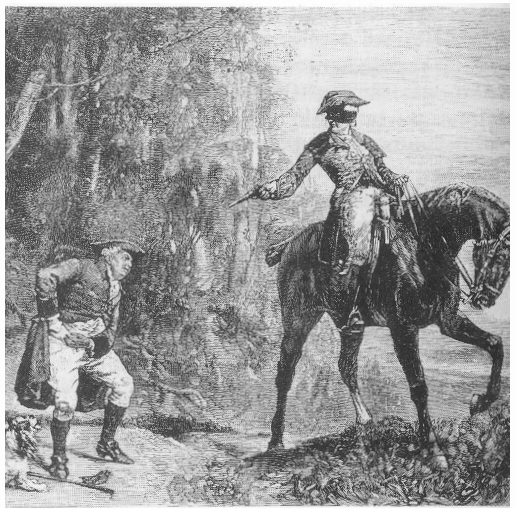 In America, your belongings can be confiscated by the police without
warrant or evidence as proceeds of a crime, and then the government sues
your possessions (not you), in lawsuits like "Township of East
Bumblefuck vs $50,000 in $100 bills."
In America, your belongings can be confiscated by the police without
warrant or evidence as proceeds of a crime, and then the government sues
your possessions (not you), in lawsuits like "Township of East
Bumblefuck vs $50,000 in $100 bills."
If your goods lose the lawsuit, the police get to keep them, and use them (or sell them for operating capital). Police departments waxed fat on this, even making up "shopping lists" of desirable cars, etc, to target.
States have been trying to curb this practice, changing state law so that law enforcement agencies wouldn't get to keep the stuff their seized. But the DoJ wouldn't play along, meaning that cops could still keep stuff by confiscating it under federal, not state law.
Attempts to get the DoJ to play along have proved fruitless. After all, the DoJ got to split the take with local law-enforcement.. So in last week's budget bill, Congress took $1.2 billion away from the DoJ, money that they used to administer the program. Without that subsidy, the program became a money-loser. It is dead.
It's unclear how much of the total national forfeiture haul will be affected by the DOJ's change, since many states don't make their forfeiture data public. But as the case of California shows, it is potentially significant: In that state in 2013, nearly eight out of every 10 dollars of forfeited property went through federal law. Under this change, that flow of cash would be shut off.
Some law enforcement groups are less than happy with the change. The International Association of Chiefs of Police (IACP) said in a statement that "this decision is detrimental to state, local, and tribal law enforcement agencies and the communities they serve."
In a letter sent to President Obama, the leaders of Congress, and Attorney General Loretta Lynch, the heads of six law enforcement groups -- including the IACP and the National District Attorney's Association -- wrote to express "profound concern" over the changes: "This shortsighted decision by Congress will have a significant and immediate impact on the ability of law enforcement agencies throughout the nation to protect their communities and provide their citizens with the services they expect and deserve."

No comments:
Post a Comment